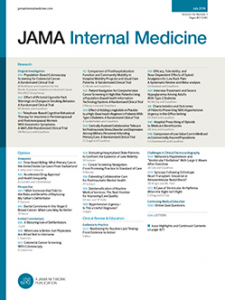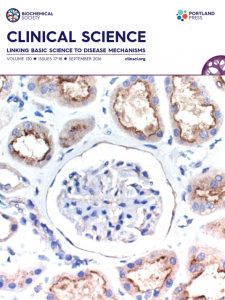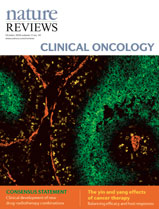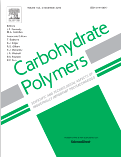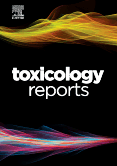
On Monday, Parkinson’s researcher Caroline Barwood will head to court in Brisbane, Australia, following a probe at her former institution, the University of Queensland (UQ).
Barwood was granted bail in November, 2014 — charges included that she “dishonestly applied for grant funds,” and fabricated research that claimed a breakthrough in treating Parkinson’s disease, according to The Guardian. In March, Bruce Murdoch, a former colleague of Barwood’s at UQ, pleaded guilty to 17 fraud-related charges, and received a two-year suspended sentence after an institutional investigation into 92 academic papers.
We contacted Barwood about the upcoming trial, but she told us Continue reading Parkinson’s researcher with three retractions heads to court on Monday
